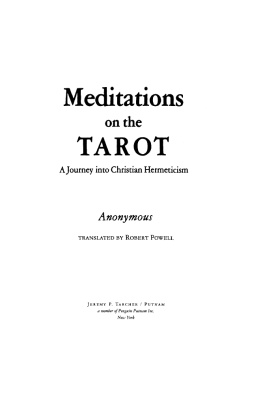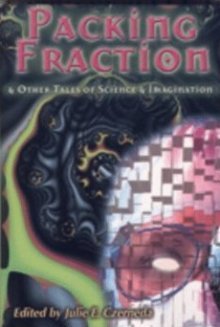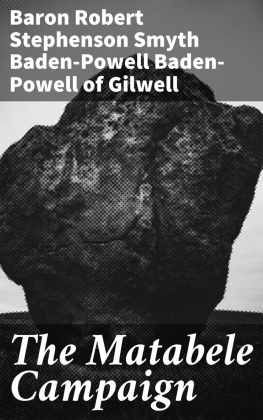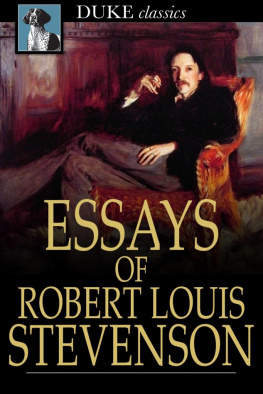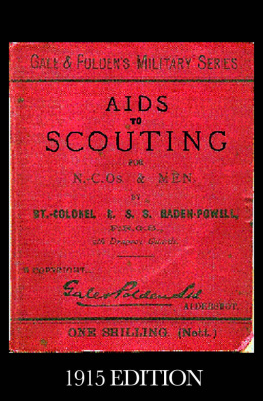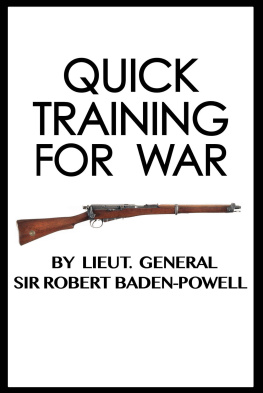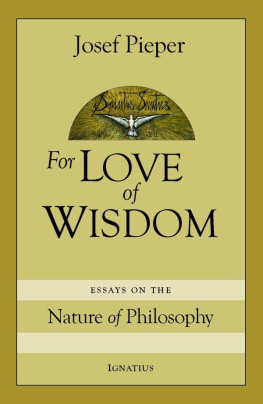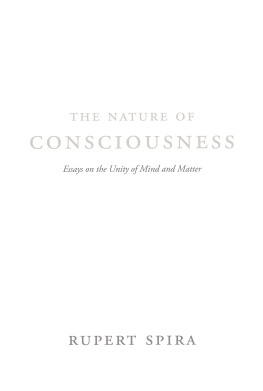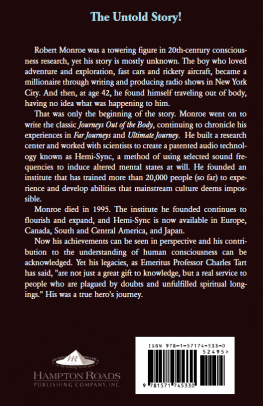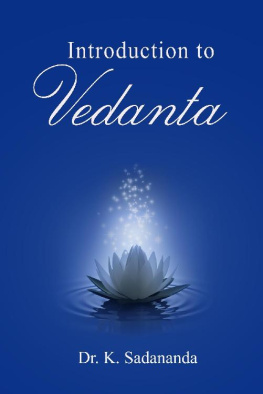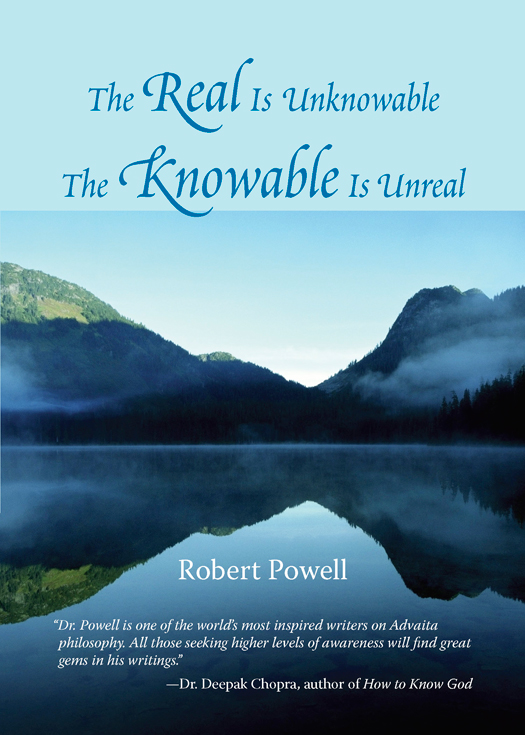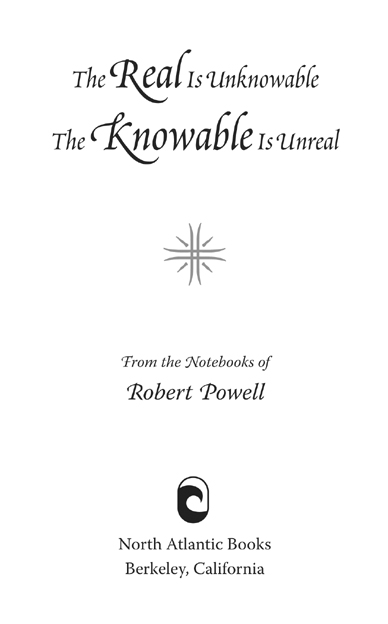I would like to express my special thanks to Yvonne E. Crdenas for the expert manner in which she has edited this work.
Contents
On the Necessity for the Consciousness to Exist
and There Being Nothing Else
The Real Is Unknowable,
The Knowable Is Unreal
Consciousness Is All or Nothing as Well
as All and NothingAnd So Is the Self
Prologue
H istorically, most approaches towards a better understanding of man and his universe have been pursued within more or less well defined scholastic areas, with as yet little liaison or contact between them. In more recent times, with the advent of the specialist, this trend has become even more pronounced. Science, philosophy, medicine, and psychology carry on merrily in their respective courses, without much regard for any unity underlying all knowledge. Thus, each develops within a watertight compartment, with its own language or jargon that is often not even understood by any of the other disciplines, and each having its own methodology for probing the unknown.
It seems to me that specialization in any field inevitably introduces limitation and distortion of ones vision, not only because specialists usually end up knowing almost everything about almost nothing, as the saying goes, and therefore what they know is hardly worth knowing, but also because in the very process of specialization something in the overall picture gets lost that is very essential to mans understanding; each of the existing approaches being inherently fragmentary, the end result must necessarily be of a like nature. In other words, the integration of a great deal of fragmentary information can never lead to a reliable or accurate picture of the Whole; or, as it has been summarized: the Whole is more than the sum total of its parts!
Is a reverse approach possible, one that starts with an examination of mans entire existence and then fills out the picture by studying the various details? Recently, with the realization of the close interrelationship of body and mind, there has been a certain rapprochement between medicine and psychology leading to the new branch of psychosomatic medicine; but this is a relatively rare example of what can be achieved through the building of bridges between various disciplines. And even here we are some way yet from the total acceptance of non-duality that does not recognize any absolute divisions between mind and matter, between the material world and the biological world, between one individual and another.
To this writer, a different approach exists towards knowledge and insight. It is not a novel approach, having been known in some areas of the world for thousands of years, but is presently largely anathema to orthodox learning. It takes as its point of departure the entire field of experiential existence, the whole of consciousness. In this attack on the unknown, one ruthlessly refuses to be sidetracked by detail, assumption, speculation, or knowledgeand, inherently, all knowledge is partial or fragmentary. One comes to an integral understanding by close examination, coupled with extensive explorative contemplation, of a very few pertinent facts. Because the investigation is in-depth, penetrating to the very foundation of our knowing and thinking, and thereby contacting the non-dualistic substratum of all manifestation, it does not become yet another form of specialization. Such exploration must necessarily lead to realization of the Emptiness that underlies all existence, which as the source of everything unites the various disparate aspects of our existence. This will not only put an end to all doubts, but open up an entirely unexpected vista of tremendous magnitude and beauty, making our vision truly whole. In the ensuing pages we will attempt to view any subject primarily in relation to that Wholeness, so that we may acquire the deepest possible insight into the life of man. Once having seen the great truth of non-duality or


